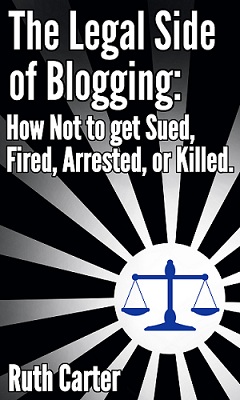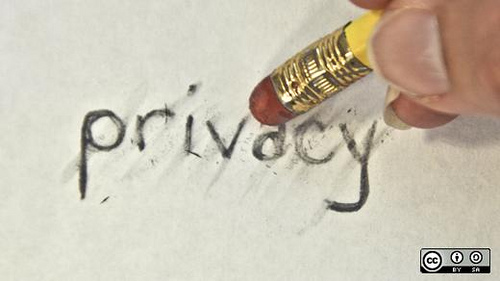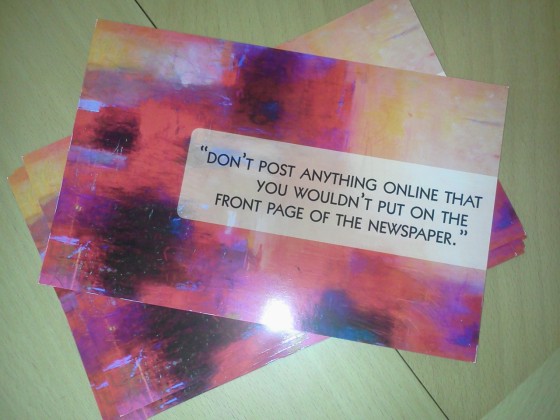I get a lot of hits on my site from people asking questions about what they can and can’t do with photos that they get from someone else that’s sent to them, texted to them, or that they find online. In many cases, the person who took the photo (not necessarily the person in the photo unless it’s a selfie) is the copyright holder and so they have the right to decide when and how their photo will be copied, distributed, and displayed. If you want to use their photo, you need their permission. If you want to own the copyright, they have to give it to you in a written and signed contract.
Let’s look at some of the more common and interesting questions I get. (Of course, any situation involving the legalities of using a particular photo is fact dependent and you need to consider the specific circumstances. These cases are often governed in part by state laws so you have to look at what rules apply to you.)
May I Post Someone’s Photo on the Internet without Consent?
If we’re talking about a situation where you want to know if you can take a photograph of another person and post it online, the answer is often “Yes.” If you’re the photographer, you’re usually the copyright holder so you get to decide where your work is displayed. However, if you want to make money off the photo or use it for a commercial purpose, you often need the person’s consent.
If were talking about a situation where you’re not the photographer and you want to use another person’s photograph, you need that person’s permission to use their work.
What if I Illegally used Someone’s Photo but I had Good Intentions?
The law often cares about what you did more than your intentions. In many cases it doesn’t matter that you didn’t intend to hurt anybody or that you didn’t know what you’re doing was illegal.
If Someone takes a Photo of Me and They Don’t Delete it, Can I Sue?
It depends. Remember you have no expectation of privacy in public so if you’re just upset that a photo was taken and they don’t use it to harass you, make money, or otherwise violate your rights, there is often little you can do about it.
What are the Laws about taking Photographs of People on Private Property?
You would have to look at what laws apply in your state, but typically the property owner or manager sets and enforces the rules, including rules about photographs. Be mindful when you go into businesses or attend events that there may be a notice posted that informs you that by being on the property, you are consenting to being photographed and the property owner can use those images however they want without needing any additional consent or payment of compensation to you.
Can You be Sued if You Post Someone’s Picture Online if They Sent it to You in a Text Message?
The law treats photos taken by cell phones the same as other photographs. If someone sends you a picture in a text, you have permission to look at it. It doesn’t give you permission to send it to other people or posted online without the person’s consent. Be very careful if this is a situation involving a nude or intimate photo because the depending on the person in the photo’s age, it could be child pornography. Additionally, several states have passed criminal laws against revenge porn.
What if Someone took a Picture off my Facebook Profile and put it on Theirs?
When you post a photograph on Facebook, the “Share” function implicitly gives permission to anyone who has access to the image to share it according to the settings of the site. If it’s a situation where somebody downloads your photo or takes a screen shot that include your photo, and then posts it to their profile or somewhere else online, that is likely of violation of your copyright rights.
Is it Illegal for a Family Member to Post Pictures of You on the Internet?
It depends. The law applies equally to family members as to other people. If it’s their photograph, meaning they are the copyright holder, there may be little you can do unless posting that image somehow violates one of your rights. If you don’t like that someone is posting images of you online, hopefully they will respect you enough to remove them upon request.
As I said before, cases involving photographs are governed by federal and state laws, so if you have a legal question in this arena please consult a copyright attorney in the your community for assistance. If you believe that you might be the victim of a crime that involves a photograph, please call your local law enforcement agency.
If you want to talk about this issue further, please connect with me on Twitter, Facebook, or LinkedIn. If there is a specific situation you want to discuss, please send me an email.












